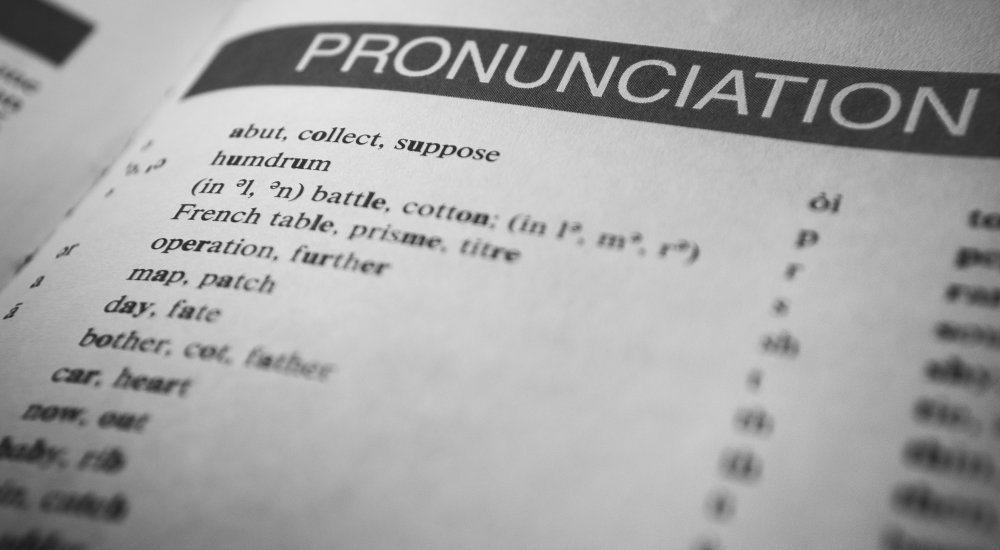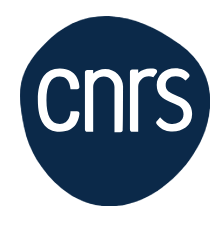Postdoctoral researcher┋Experimental Syntax and Prosody

Offer title : Postdoc position in experimental syntax and prosody M/F (H/F)
Reference : UMR5263-ANNCAM-069
Number of position : 1
Workplace : TOULOUSE
Date of publication : 23 January 2025
Type of Contract : Researcher in FTC
Contract Period : 12 months
Expected date of employment : 1 April 2025
Proportion of work : Full Time
Remuneration : Beteween 2991 and 3417€ brut per month according to experience
Desired level of education : Doctorate
Experience required : 1 to 4 years
Section(s) CN : 34 - Language sciences
Missions
As part of the ANR project PULCO (Prédire les Usages des LoCuteurs en français Oral), the CLLE laboratory is recruiting a postdoctoral researcher in prosody and experimental syntax.
Scientific background
One of the aims of current work in quantitative and experimental syntax is to identify factors with predictive power on speakers' choices when faced with syntactic alternations, i.e. cases where the speaker has a choice between two or more syntactic structures to express equivalent meanings.
The main goal of the PULCO project is to describe and model the syntactic choices made by French speakers, by determining the role and weight of linguistic and functional factors. To achieve this, the project is based on the comparison of quantitative results obtained from oral corpus data and experimental results obtained from controlled protocols. The project also includes a study of regional variations in syntax, comparing the effect of relevant factors on different varieties of French (Parisian French, Southwestern French, Swiss French, Belgian French).
Mission
Work package 3 of the project, entitled “Development of experimental protocols”, is devoted to the experimental part of the project, based mainly on a production task: the sentence recall. The post-doctoral fellow will carry out his or her research work within the framework of this work package. He or she will, at least, develop and implement a sentence recall protocol adapted to the study of the interface between syntax and prosody. More specifically, the aim will be to test the effect of prosodic groupings on word order/syntactic structure choices in French.
Activities
- The postdoctoral fellow will develop a research project at the prosody/syntax interface, in line with the project's objectives.
- The postdoc's work will consist in better understanding the role of prosodic constraints in the choice of order or syntactic structure in French.
- One of the aims of the post-doc's work will be to propose one or more experimental protocols to investigate this question.
- The post-doctoral fellow is also expected to work on the links between prosodic groupings and memorization.
Skills
Profile required
- PhD in linguistics or related field
- Solid background in prosody and phonetics
- In-depth knowledge of prosody and the prosody/syntax interface
- Expertise in acoustic analysis and its prosodic correlates
- Expertise in phonological and prosodic annotation, and semi-automatic extraction of prosodic parameters
- Command of signal analysis and statistical analysis tools needed to conduct experimental prosody tasks
- Knowledge of French and its syntactic analysis
- International publications
- Ability to work as part of a team, within a collective project
- Autonomy, rigor and creativity
- Very good English skills: ability to present work in English, both written and spoken
Work Context
The CLLE laboratory (Cognition, Languages, Language, Ergonomics) is a CNRS UMR created in January 2007 and mainly hosted on the Toulouse Jean Jaurès University site. It is a multidisciplinary research unit relating to Cognitive Sciences: the work carried out there covers the fields, more or less broad in scope, of linguistics, psychology, computer science, philosophy, education and neuroscience. The laboratory, made up of 205 members, is structured into 3 teams each composed of an average of 25 Teachers-Researchers and Researchers:
- “Languages and language” team, working more particularly on themes relating to linguistics;
- “Language and cognitive processes” team, focused on the interdisciplinarity between language and psychology;
- “Cognition in complex situations” team, working more particularly on themes of social and cognitive psychology.
The laboratory is also developing transversal research axes between these teams.
It also welcomes many doctoral and post-doctoral students.
CLLE is a CNRS UMR with the CCU experimental platform.
Constraints and risks
No risk identified.

